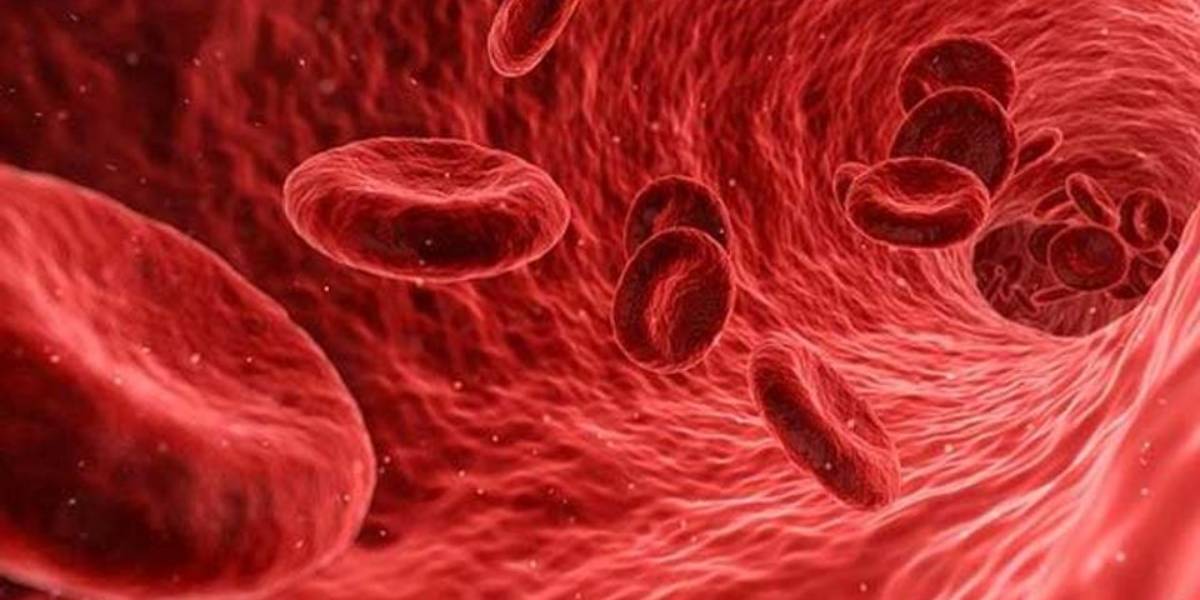This therapy is known for its ability to genetically reprogram the immune system of patients to combat cancer.

T cells defend the body. (Creative Commons)
The inaugural successful application of CAR-T cell therapy — a homegrown cancer treatment — took place on an Indian patient recently.
Delhi-based gastroenterologist Dr (Col) VK Gupta underwent this groundbreaking procedure, which typically carries a price tag of ₹3-4 crore abroad. The therapy cost him ₹42 lakh in India.
The Central Drugs Standard Control Organisation (CDSCO) granted commercial approval for CAR-T cell therapy only recently.
This therapy is known for its ability to genetically reprogram the immune system of patients to combat cancer.
It is designed to treat various diseases, including acute lymphocytic leukaemia, multiple myeloma, glioblastoma, and hepatocellular carcinoma.
Think of the human body like a superhero team, which has special members called T cells. These T cells are like the heroes that defend the body from micro-organisms like germs and viruses — the bad guys.
Now, sometimes there’s a sneaky villain called cancer that regular T cells find hard to beat. But scientists have come up with a idea to make these T cells even more powerful.
They take out some T cells, kind of like assembling a superhero squad, and give them a special power called CAR (Chimeric Antigen Receptor).
This CAR is like a superhero radar that helps the T cells spot and attack specifically cancer cells. Once the T cells are all powered up with their new CAR, they are sent back into your body to fight off cancer cells. This is called CAR-T cell therapy.
Hyderabad-based Yasoda Hospital’s Consultant Haematologist, Haemato-Oncologist, and Bone Marrow Transplant Physician Dr Karuna Kumar explained it in a little more detail.
“The process involves collecting T cells from the patient’s blood and genetically altering them in the laboratory to produce CARs that recognise and bind to specific proteins, or antigens, on the surface of cancer cells,” he said.
He added that the modified T cells are then infused back into the patient’s bloodstream, where they multiply and attack the cancer cells.
“This is indeed a significant milestone. Blood cancers often have a rapid spread throughout the body, making it challenging to control the disease in a timely manner,” said Kumar.
CAR-T cell therapy has been a decades-long journey — from when the technology was first proposed in the late 1980s, to the US Food and Drug Administration (FDA) giving its approval of the therapy in 2017.
Cancer remains a significant public health challenge in India, with approximately 16 lakh new diagnoses reported in 2023.
Despite the widespread prevalence of cancer across the country, access to innovative treatments remains limited.
One such treatment, CAR-T cell therapy, is known for its efficacy, but is hindered by severe side effects and high costs, making it inaccessible for many patients.
In 2015, Dr Alka Dwivedi, then a graduate student at IIT Bombay, and her team addressed these challenges by modifying CAR-T cells to carry more human-like antibodies.
This groundbreaking effort resulted in the development of NexCAR19, an indigenous CAR-T cell therapy tailored for blood cancers like leukaemia and lymphoma.
Notably, NexCAR19 is not only effective but also available at a more reasonable cost, addressing the unique needs of patients within India’s healthcare system.
The administration of NexCAR19 involves a single intravenous infusion following chemotherapy. Collaboratively developed by ImmunoACT, a company incubated at the Indian Institute of Technology Bombay (IIT-B), and Tata Memorial Hospital, the therapy has already been successfully administered to 15 patients in India.
In a historic move, Kokilaben Dhirubhai Ambani Hospital in Mumbai became the first to offer CAR-T cell therapy to cancer patients in January of this year.
Overcoming the challenge of developing this technology cost-effectively, a significant milestone was achieved on 4 June, 2021.
On this day, the first CAR-T cell therapy was conducted at the bone marrow transplant unit at ACTREC, Tata Memorial CentRE in Mumbai, using CAR-T cells designed and manufactured at the Bioscience and Bioengineering (BSBE) department of IIT Bombay.
In October 2023, NexCAR19 became India’s inaugural CAR-T cell therapy to receive approval from the CDSCO.
This endorsement followed extensive trials involving 64 individuals diagnosed with advanced lymphoma or leukaemia.
The findings, disclosed at the American Society of Hematology meeting in December 2023, revealed that 67 percent of participants (36 out of 53) across the two trials experienced a significant reduction in their cancer’s extent (objective response).
Additionally, approximately half of these patients achieved a complete response, where the cancer disappeared entirely.

Jul 26, 2024

Jul 26, 2024

Jul 26, 2024

Jul 26, 2024

Jul 26, 2024

Jul 26, 2024